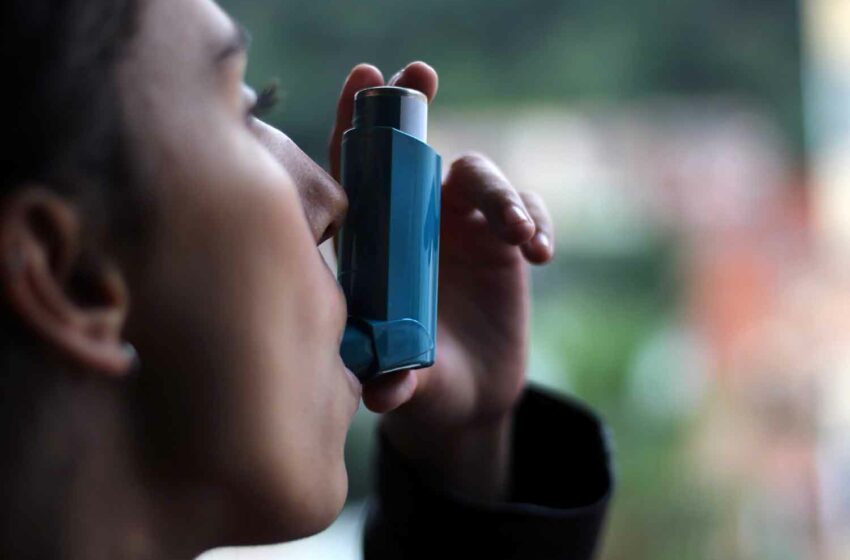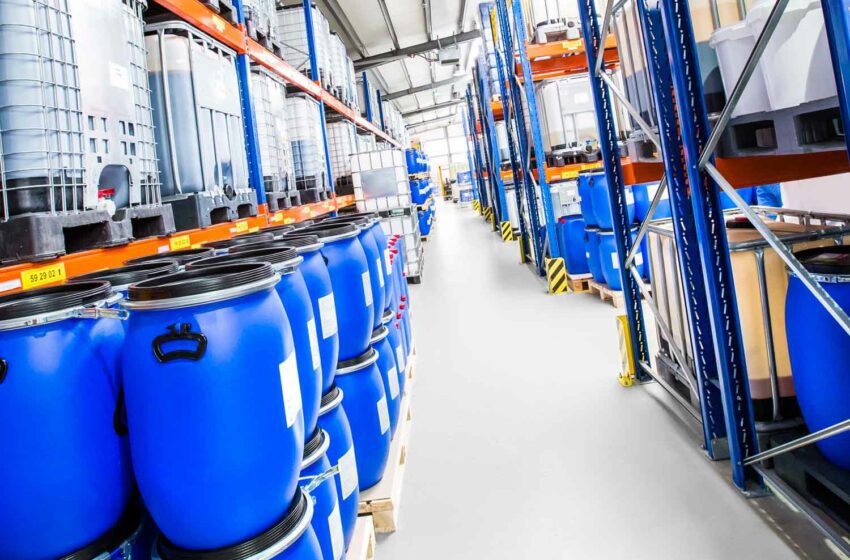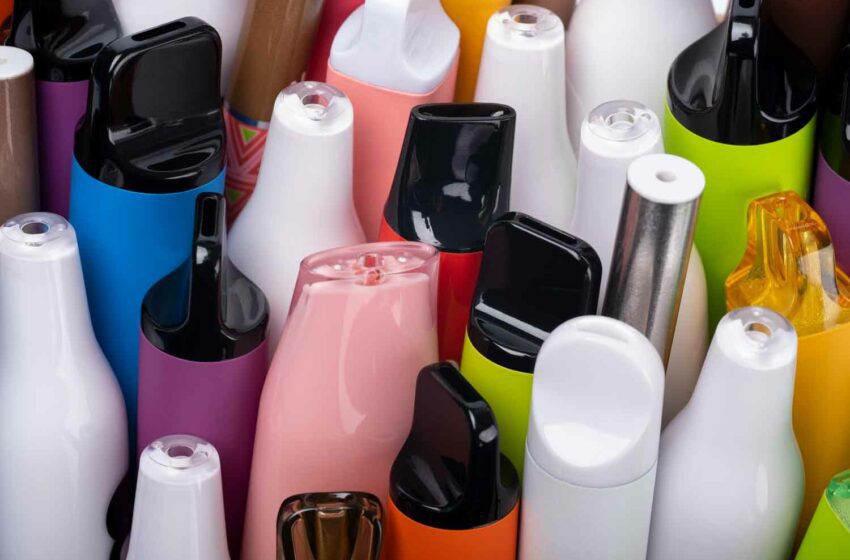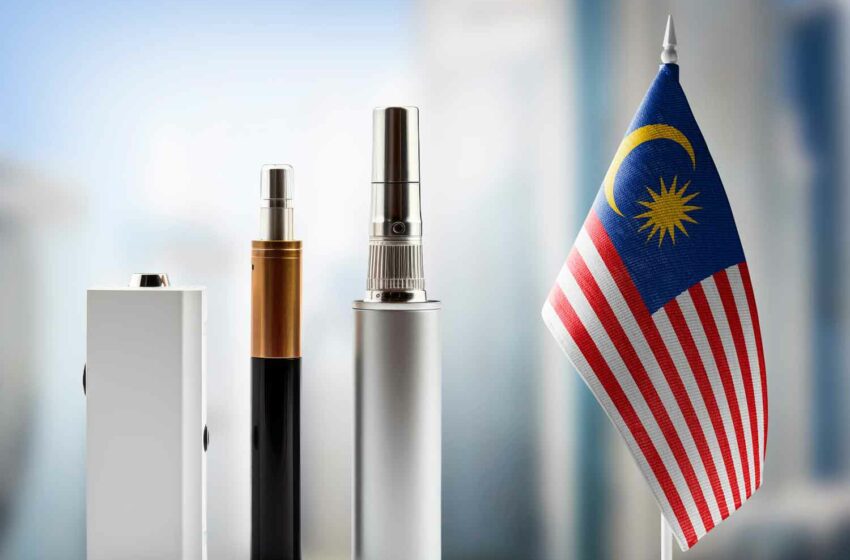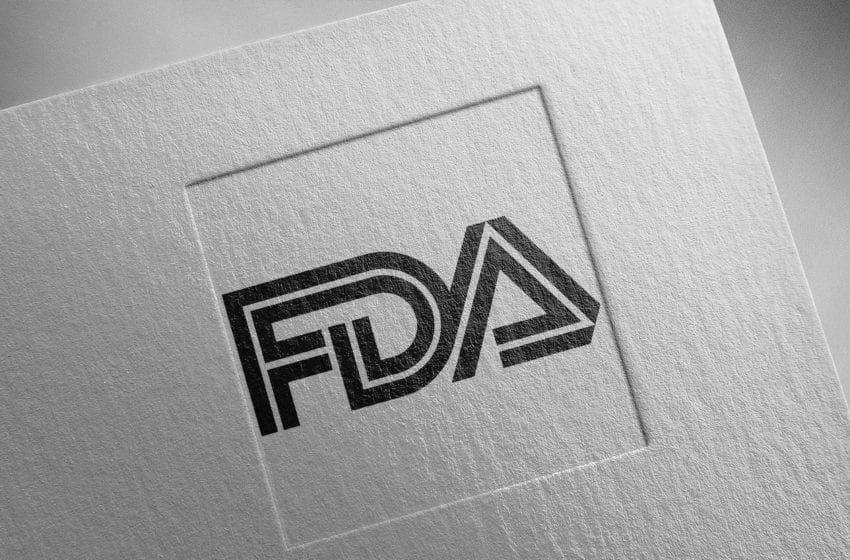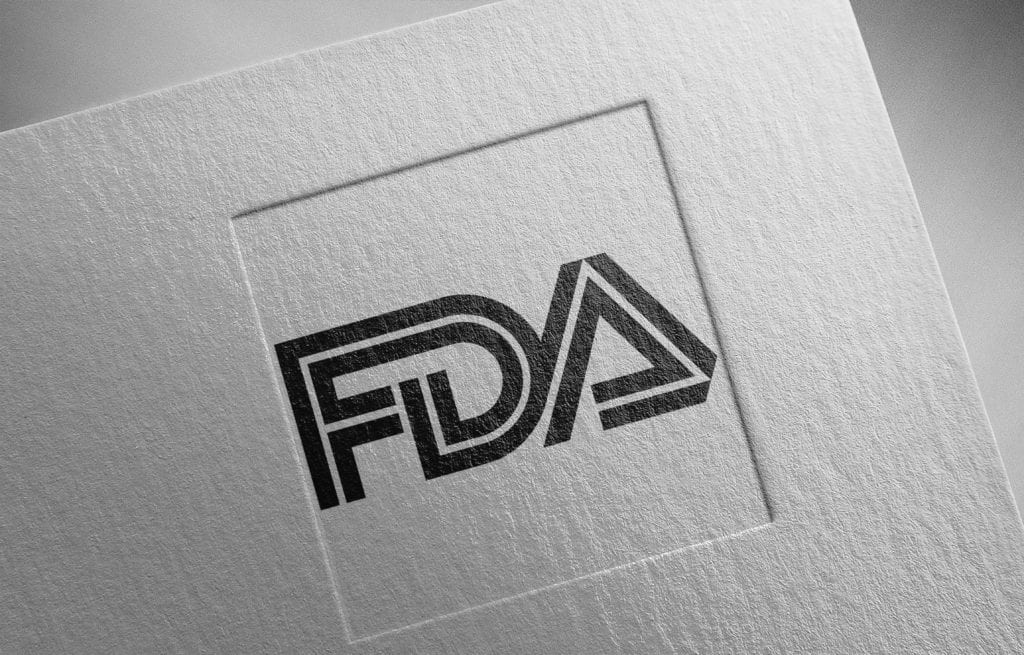
The Haypp Group, the world’s largest online retailer of nicotine pouches, reported net sales of SEK942.8 million ($89.66 million) for the second quarter of 2024, up 23 percent over the comparable 2023 period.
Gross profit increased to SEK135.2 million, corresponding to a gross margin of 14.3 percent. Adjusted earnings before interest and taxes rose to SEK34.4 million, mainly due to the higher gross margin, increased volume as well as efficiency gains, partially offset by continued investments into additional capabilities.
The company’s nicotine pouch volume grew by 43 percent over the second quarter of 2023.
“Haypp group continued to show a very strong performance in the second quarter with YoY Nicotine Pouch volume growth of 43 percent,” said Haypp Group CEO Gavin O’Dowd in a statement.
“This is accelerating from prior quarters as the category continues to thrive in our growth markets due to the increasing appetite for risk reduced products. While the category experienced some turbulence in the USA during the quarter, we were well positioned and our volume grew around 70 percent. The investments in our business operations have continued to deliver value with an increase of 68 percent in our adjusted EBIT. This robust growth, over many years shows how robust our business is, irrespective of the economic environment.”
The Haypp Group’s interim report is available here.


